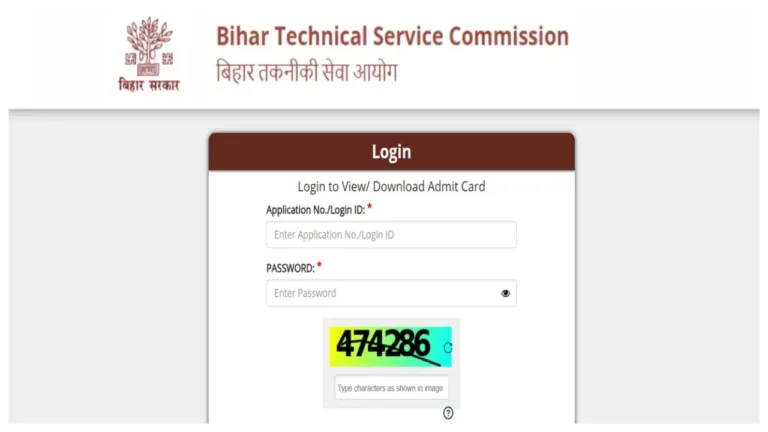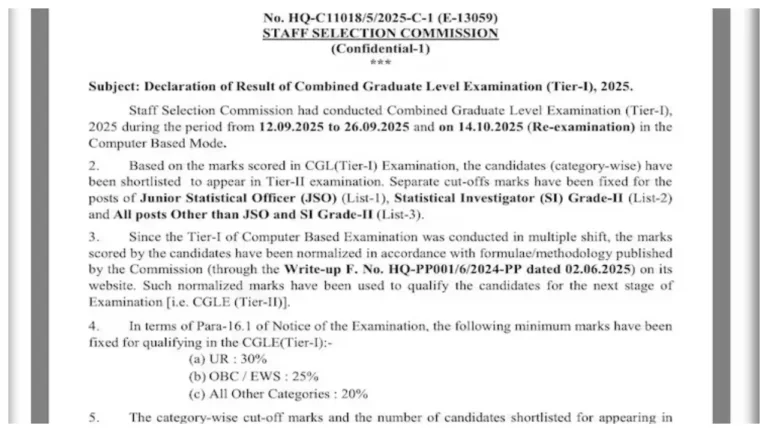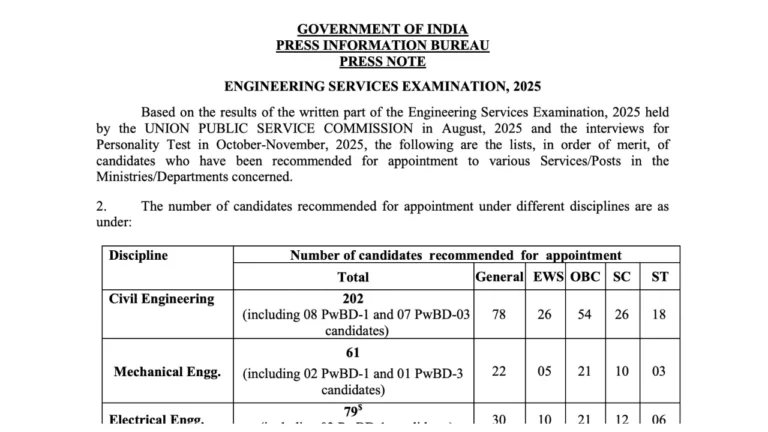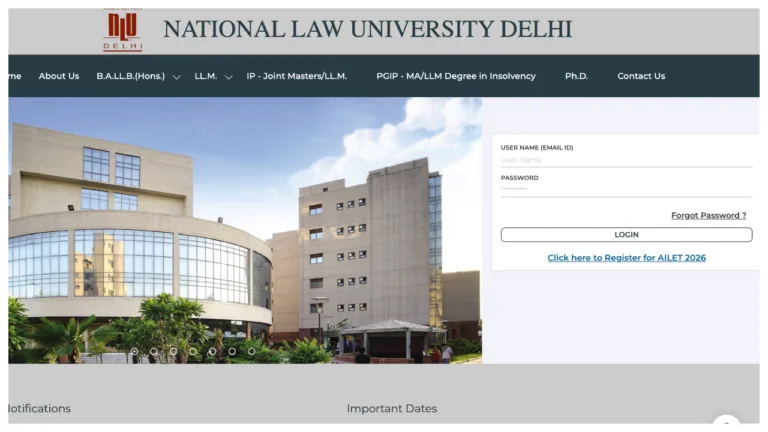In recent years, the number of people investing in mutual funds through the Systematic Investment Plan (SIP) has increased rapidly. This trend has become common in villages as well as cities, where, earlier, people traditionally invested in bank FDs or post office schemes for savings or retirement.
However, while investing in mutual funds through SIP, some people make common mistakes that result in lower returns in the long term than they should get. Let us explore what SIP is, its benefits, and the important factors to keep in mind while investing in SIP.
What is SIP?
Recently, the stock market has witnessed significant growth, with many stocks yielding excellent returns. However, this is not always the case. After a market boom, periods of recession often follow, leading to a sharp decline in stock prices. Predicting these fluctuations and making investment decisions based on them can be very difficult for the average investor. SIP (Systematic Investment Plan) is an ideal option for such situations.
Benefits of SIP
SIP allows you to benefit from the power of compounding. This means that the returns earned from your investment are reinvested, helping grow your wealth in the long term. Additionally, SIP offers the advantage of averaging. For example, if a stock is bought at a high price and the market later falls, that same stock becomes cheaper, improving your average cost (SIP Update).
Key Lessons to Remember
- Invest According to Your Financial Situation
Decide the amount of your SIP based on your financial capacity. Ensure that you can continue the SIP, even during financial challenges. - Don’t Judge SIP by Short-Term Returns
Avoid evaluating SIP performance based on short-term results (such as a few months). SIP is designed to deliver good returns over the long term. - Diversify Your SIP Investments
Instead of investing in a single fund, consider diversifying across multiple SIPs. This helps spread the risk by investing in various asset classes, such as debt and equity. - Check the Expense Ratio
The expense ratio is crucial. A high expense ratio may reduce your returns. Don’t forget to consider entry and exit charges as well as any other additional fees. - Review Your SIP Regularly
Periodically review your SIPs. If your fund consistently underperforms compared to others in the market, consider switching to a better-performing fund.










